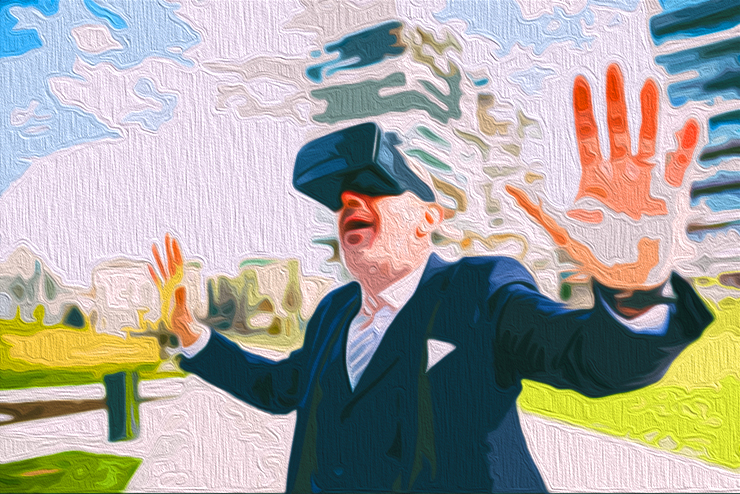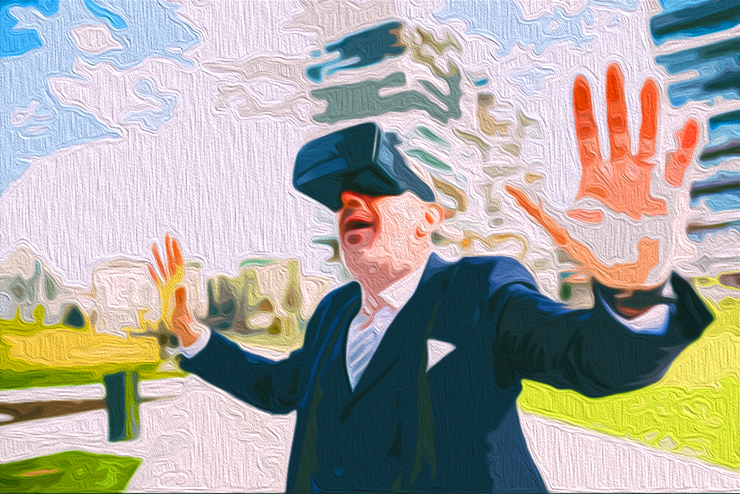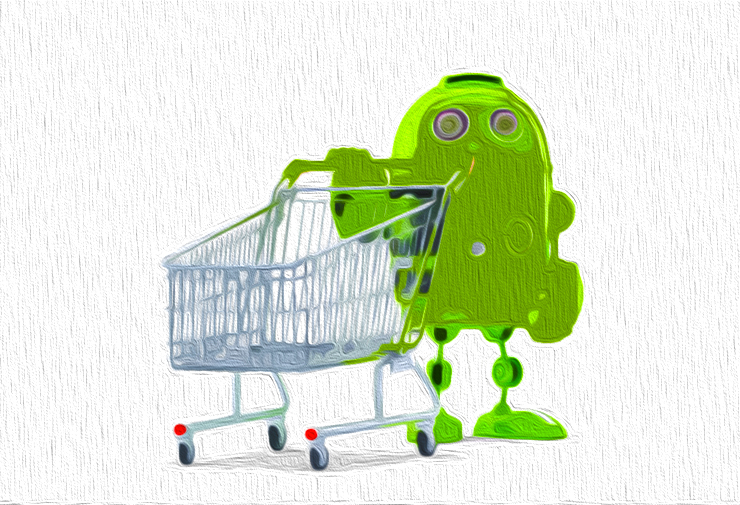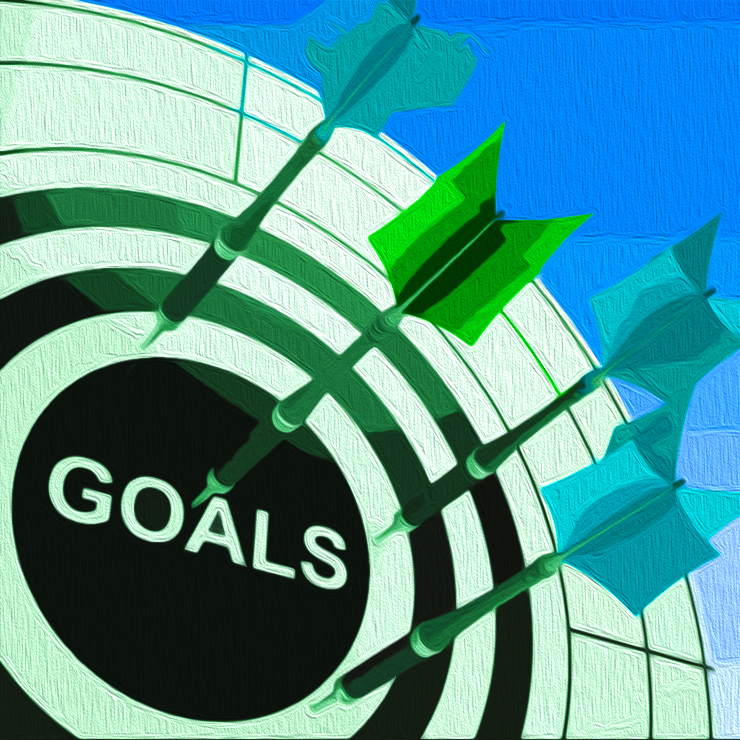
Hey there, fellow content enthusiast! Crafting top-notch content is like adding sprinkles to your brand's online presence – it just makes everything better. But let's face it, the content creation journey can sometimes feel like navigating a maze blindfolded. One nifty trick up your sleeve? Outsourcing your content needs. It's like having a secret weapon in your arsenal!
The Power of Stellar Content
Shaping Your Brand's Identity
Your brand's vibe is all about the content you put out there. Before you hit that publish button, make sure your content sparkles like a diamond. Impressions matter, right?
Nurturing Your Wordsmiths
Crafting Feedback Gold
Picture this: You and your writers in perfect sync, creating a symphony of words. Constructive feedback is the glue that holds this beautiful bond together. Let's peek at some pro tips from seasoned writers.
Elevating Content Brilliance
Unleashing Uniqueness
In a sea of content, standing out is the name of the game. Businesses are in a content frenzy, so crafting captivating content is non-negotiable. Let's dive into the art of creating magnetic content.
The Magic of Feedback
Driving Success Through Feedback
Feedback isn't just a pat on the back; it's the secret sauce for boosting teamwork, fostering a positive vibe at work, and reeling in those sweet business wins. Constructive feedback is your ticket to building lasting customer connections.
Key Nuggets of Wisdom
Your Feedback Arsenal
Feedback is a powerhouse that fuels content quality, cements team relationships, and ensures brand harmony. Keep your content ship sailing smoothly by setting clear guidelines for your writers to follow.
Fostering Growth and Excellence
Nurturing Wordsmiths
Empowering your writers with spot-on feedback can be a game-changer. Guide them on writing styles, tonal nuances, and industry-specific jargon to help them craft content that packs a punch.
Simplifying Feedback Flows
Mastering Efficiency
Timing is everything when it comes to feedback. Offering precise, actionable feedback is the secret recipe for supercharging your team's productivity. Streamline your feedback process by setting the stage for clear communication and smooth workflows.
Optimizing the Review Journey
Efficiency at Its Best
Less is more, especially when it comes to review processes. Trim down the number of decision-makers to fast-track approvals and polish content quality. Embrace feedback best practices to create a content creation conveyor belt.
By weaving these savvy strategies into your feedback tapestry, you can level up your content game and steer your business towards success.
Got Questions? We've Got Answers!
Unraveling Search Engine Marketing
Ever wondered what Search Engine Marketing is all about? It's like a digital marketing powerhouse, combining paid ads, SEO, and more to boost your online presence.
Guarding Your Digital Realm
Diving into digital marketing comes with risks. Safeguard your online turf by watching what you share, protecting your content, and keeping an eagle eye on your brand's online vibe.
The Marketing Essentials
Unlock the secrets of branding, positioning, messaging, the marketing mix, and measuring success. These five marketing pillars are your roadmap to business glory.
Crafting eCommerce Triumph
Ready to conquer the eCommerce realm? Dive into the nitty-gritty of crafting a killer marketing plan that drives sales and keeps customers coming back for more.
Unleashing Indirect Marketing Magic
Indirect marketing is like planting seeds that grow into brand magic. Explore low-cost, high-impact marketing methods that spread brand love without breaking the bank.
Social Media Wizardry
Crack the code of social media marketing with these five stellar strategies that can skyrocket your online presence and reel in those coveted leads and sales.
Insightful Stats Snapshot
- In 2017, co-branding was the go-to move for 34% of marketers looking to boost email subscribers.
- Did you know? 60% of online shoppers worldwide hunt for coupons before hitting that 'buy now' button.
- Fasten your seatbelts! By 2022, digital marketing is set to gobble up 54% of marketing budgets, up by a whopping 36% from 2020.
- Fun fact: 14% of older Gen Z folks splurged on influencer-recommended items in the last six months. That's the power of influence!
- Ready for a mind-blowing stat? Our CPCs are slashing through averages by 80%, with CTRs soaring 4-5 times higher. That's how we roll!
Frequently Asked Questions
What are the best digital strategies I can do at home for marketing?
Digital marketing can be a great way to reach customers who spend their most time online. It is also an excellent way to generate leads that will help your business.
You can use social media platforms like Facebook, Twitter, and LinkedIn to promote your brand. You can also use email marketing tools to send emails to potential clients and prospects.
There are many ways to market your product/service using digital media.
If you're able to use these channels effectively, it shouldn't be a problem getting started.
What amount should I budget to fund my first digital marketing campaign
It all depends on what type of campaign you want to launch. The money you spend on your first campaign can range between $50 and $100.
To get started, advertising space can be bought on search engines Google and Bing. These ads are usually $10 per click.
If you have a website, you can create banner advertisements at various places on your site. This will allow you to attract new visitors and keep them coming back to your website.
You may also be able to hire a freelancer who will design your banners. Freelancers charge typically $20 to $30 an hour.
After you've created your first ad you can start tracking the results. There are many free tools that can help you analyze your website.
It is also possible to track data manually. A spreadsheet can be used to track data about campaigns. It will allow you to record every metric (such clicks, impressions etc.).
After collecting this data, you can determine whether your campaign was successful.
If not, you can try different methods until you find one that works well.
How to Create an Ecommerce Marketing Plan
The first step in selling is to determine what you want. This should include products or services that relate to your business. But, you must also offer enough variety for customers to be interested.
The second step involves determining the amount of money that you are willing to spend on marketing, advertising promotions, or other methods. Multi-channel marketing may be necessary, such as email blasts, direct mail, social media, search engine optimization and other methods.
Once you determine how much money your business needs, you can develop a budget for each marketing method. A professional who specializes in emarketing might be able to help you choose the best marketing method for your company. They can help you determine which marketing method is best for your business.
Once you have your plan in place you can begin to implement it. This will make the process much easier if you hire someone to do all or part of the work.
There is no need to start from scratch and reinvent the wheel. Be sure to use proven strategies that are working for other online sellers. Remember to test everything before making any changes.
Remember that your ultimate goal should be to increase sales and profit. Your eCommerce marketing strategy must consider both short-term goals as well as long-term plans.
Our article on eCommerce marketing tips will help you increase your sales. We hope they help you find success!
What are some indirect marketing examples you can think of?
Consider indirect marketing options that could be used to promote your business. You might launch a social media campaign asking people to post pictures of themselves using your product. This would spread awareness about your brand.
You could advertise in the local paper if your auto shop is open. This would encourage people to take their cars to your shop instead of visiting other shops.
Other examples include sending coupons to customers' e-mail inboxes or posting ads on bulletin boards in public places.
Indirect marketing works well because it doesn't cost much money.
But trusting people takes time. You'll need patience as you promote your business.
You also need to keep track of how effective your campaigns are. Try measuring the number of leads generated from each method.
This will let you know which methods are best for you.
What are the 7 steps to an internet marketing strategy?
Internet marketing strategies are used to achieve business goals through online media. These seven steps are planning, research and implementation. Monitoring, analysis, optimization, optimization, and evaluation are the key components. Each step is critical for effective internet marketing, and should always be done.
- Planning – This involves identifying your target audience, and creating a plan to reach them. It is important to consider who may buy your product or service, and what it costs.
- Research allows you to better understand your customers' needs and interests so you can make the right product or service choices. Research also provides valuable insights into trends and consumer behavior.
- Implementation includes choosing a platform (e.g., Facebook) and determining where to place your ads. Once you have selected your platforms, make sure that they are correctly set up. Also, decide whether to pay per click or spend money on advertising.
- Monitoring – Monitoring ensures you know if your efforts are working. Google Analytics Analytics allows you to track traffic flows, conversions rates, and customer demographics.
- This allows you to compare results to benchmarks or previous performance levels. If you find areas underperforming, this step guides how to improve.
- Optimization – Optimizing the site is about making improvements to make it more attractive to visitors. For example, you could add new features or change how users navigate your site.
- Evaluation – Evaluating your progress lets you see how well your campaign performs. Do you see any areas for improvement? If you don't, then you have probably reached your goal. If you have any questions, it is important to revisit the situation.
Statistics
- A poll earlier this year found that 14% of older Gen Z's had bought an item in the previous six months based on an influencer's recommendation. (influencermarketinghub.com)
- Today, 81% of brands around the world have affiliate programs. (influencermarketinghub.com)
- According to statistics, 60% of online shoppers worldwide actively search for coupons before purchasing from a virtual shop. (influencermarketinghub.com)
- Many experts recommend you share 20% of your promotional content and 80% of other valuable content you find. (marketinginsidergroup.com)
- Meanwhile, a PartnerPath poll found that co-marketed ads help 68% of consumers arrive at a buying decision before even speaking to a salesperson. (influencermarketinghub.com)
External Links
neilpatel.com
blog.hubspot.com
hubspot.com
moz.com
- SEO Learning Center- Moz
- [Case study] How we ranked #1 in a high-volume keyword in under 3 months – Moz
How To
20 Top Affiliate Marketing Strategies for 2022
Affiliate marketing can be a great way for you to make money online. Affiliate marketing is also one of the easiest ways to start because you need to sign up for an affiliate network such as ShareASale or Commission Junction and then place links on a website or blog. A commission fee will be charged to you if someone purchases via one of your links.
Here are 20 different affiliate marketing strategies you should try in 2022
- Make a Content Calendar
- Google Adwords
- Start your Podcast
- Join A Blogging Network
- Register Your Email Address
- Earn Cash for Reviews
- Make an Impact as an Influencer
- Offers Free Trials
- Launch A Membership Site
- Sell Products On Amazon
- Write Articles
- Start a YouTube Channel
- Host Events
- Develop A Mobile App
- Promote Your Business Online
- Run Facebook Ads
- Get a Twitter Account
- Increase Instagram Followers
- Communicate openly with customers
- Earn More Money In The Long Term
————————————————————————————————————————————–
By: 6344
Title: Upgrade Your Content Game: Expert Strategies for Effective Writer Feedback
Sourced From: internetlib.org/effective-strategies-for-providing-constructive-feedback-to-writers/
Published Date: 4/20/2025 8:15:11 PM













